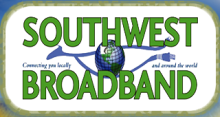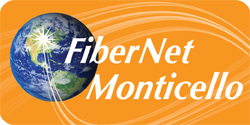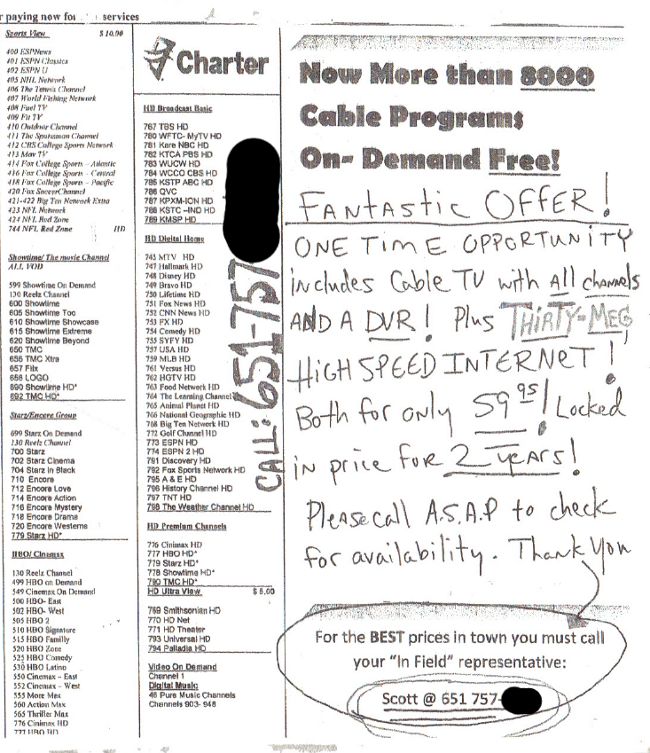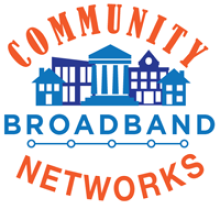Southwest Minnesota Broadband Services' Construction Moves Forward
Good news for folks in Jackson, Wilder, and Bingham Lake in Southwest Minnesota! Your local broadband options are about to get much better. Southwest Minnesota Broadband Services (SMBS) just announced that construction is advancing on the new network. The 125-mile fiber ring is expected to be completed by September, 2012. If you live in their service area, give them a call.
Here are contact details from the announcement:
Wilder - A sales event has been held. Please call our Lakefield office at 507-662-7000 if you still need to sign up for services.
Bingham Lake - A sales event will be held on April 10th from 12 PM to 8 PM at the town hall/community center. If you are unable to attend, please contact our Lakefield office at 507-662-7000.
Jackson - Our first three construction phases have been identified. We intend to have phases 1-3 completed by June, 2012. Our web-site, mysmbs.com will be updated as construction dates are set for phases 4-9. The entire City of Jackson will be completed by fall, 2012. Southwest Minnesota Broadband informational material will be delivered to homes according to construction phasing in the coming months.
SMBS is a consortium of 8 communities: Bingham Lake, Brewster, Heron Lake, Jackson, Lakefield, Okabena, Round Lake and Wilder. Stimulus funding of $12.8 million dollars is allowing the communities to offer ftth service in this rural area, building on the network first established in Windom by the local public power utility.
SMBS recognizes the need for a community owned network in a place where the private sector does not want to invest. On their FAQ page:
What is SMBS? Southwest Minnesota Broadband Services is consortium of cities that realize today’s incumbent service providers will not be able to provide the next-generation of broadband services that will keep this area competitive with the global marketplace. SMBS will own and operate the network, employees will be your friends and neighbors and dollars will stay in your communities.






 Download a
Download a  This is either predatory pricing or the cable industry is out of control with its rate increases. If that package costs Charter more than $60/month to supply, then it is engaging in predatory pricing to drive competitors out of the market. Consider that Charter may be taking a loss of $20/month ($240/year) from each household that takes this offer.
This is either predatory pricing or the cable industry is out of control with its rate increases. If that package costs Charter more than $60/month to supply, then it is engaging in predatory pricing to drive competitors out of the market. Consider that Charter may be taking a loss of $20/month ($240/year) from each household that takes this offer.



 As you read this, remember that the FCC's National Broadband Plan largely places the future of Internet access in the hands of these corporations.
As you read this, remember that the FCC's National Broadband Plan largely places the future of Internet access in the hands of these corporations.